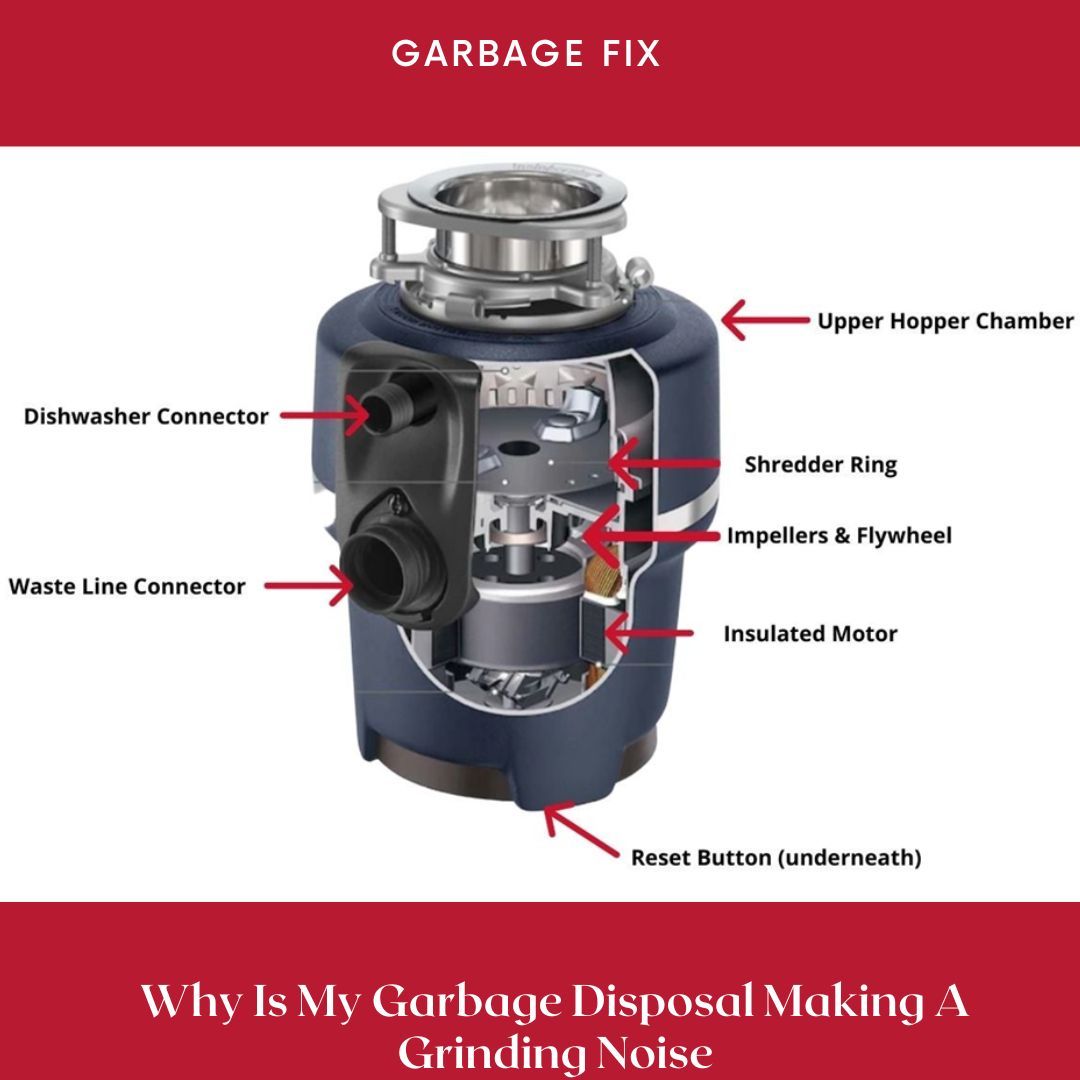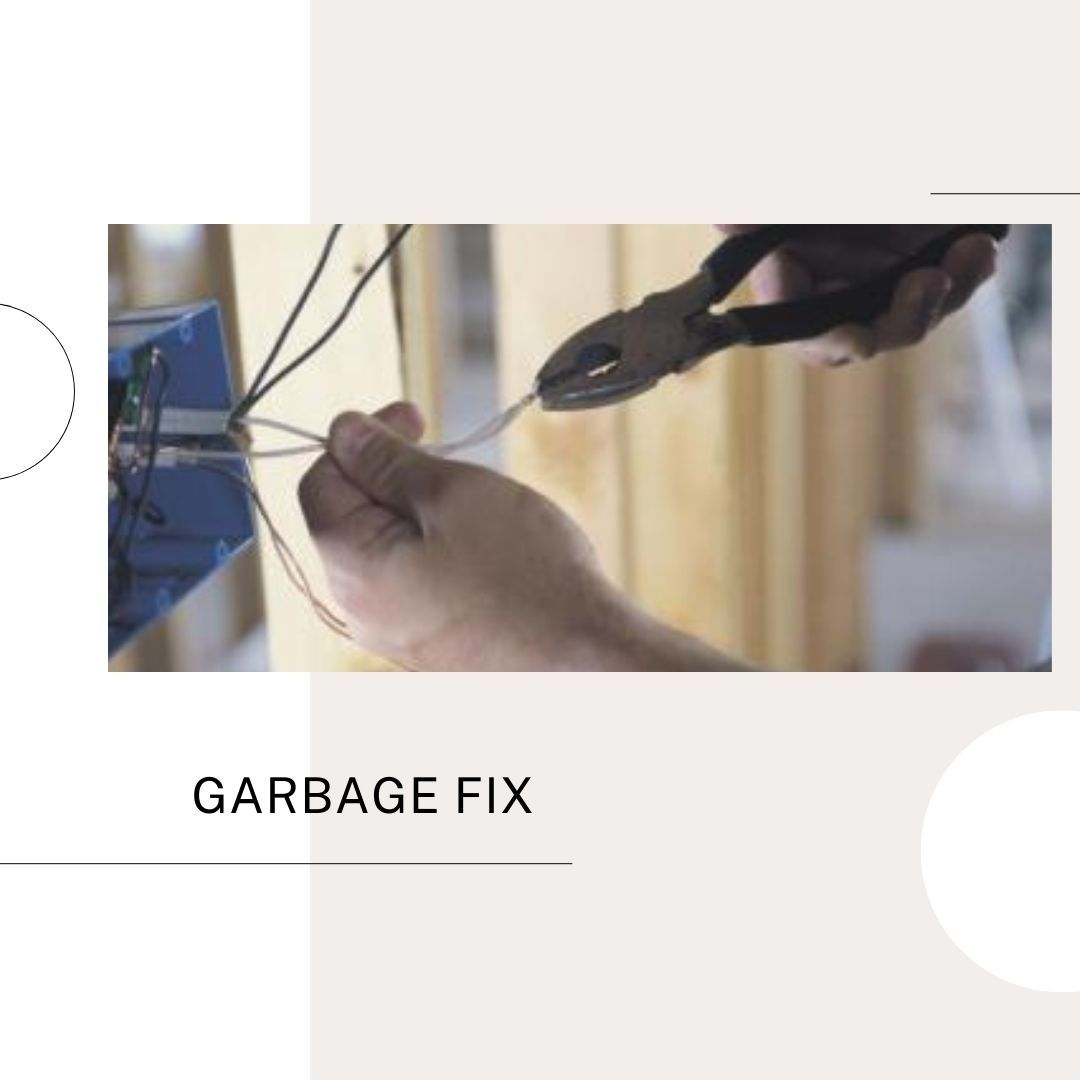GFCI plugs, according to electrical code experts, are redundant. But are they all equally worthwhile to install?
Because electrical kitchen equipment consumes a substantial amount of electricity, You must take all precautions to maintain the safety of the kitchen and the entire home.
Garbage Disposal GFCI. Is a ground fault circuit interrupter (GFCI) required while using the garbage disposal?
Although GFCIs are not required by law, some manufacturers recommend them in their installation manuals. Because trash disposals are frequently used within six feet of a sink, a GFCI is suggested.
A GFCI outlet for the trash disposal is not necessary but is suggested by the National Electrical Code (NEC), the organization entrusted with analyzing and organizing these standards.
Although the NEC is a federal organization, other entities, such as your municipality's ordinances and the manufacturer's instructions, may be able to provide light on the complexities of this clause.
In truth, the user manual for your trash disposal is the most qualified source to assist you in making this decision.
However, the NEC's guidance remains constant, and understanding trash disposal and GFCI outlets are essential to comprehend why the latter is required.
What exactly is a GFCI?
A ground fault circuit interrupter (GFCI) is a device that prevents electrical risks. If a piece of domestic electrical equipment breaks, this device will keep you from being shocked.
The device operates by comparing the current from the "hot" side to the current flowing from the "neutral" side. If the system senses a change in current, even if it is only a few milliamps, it will know that current is being lost (perhaps via a person's body).

The gadget will turn off the user's power in less than 30 ms, ensuring their safety. You are in significantly less danger of electrocution as a result of this. GFCI outlets are frequently installed in moist areas or other locations where plugs may become wet. You are aware that there is a substantially greater risk of accidental electrocution when water is nearby.
What Function Does A GFCI Have In A Trash Compactor?
GFCI outlets prevent fires and electrocutions by quickly turning off power when a ground fault is detected. You won't have to worry about water getting into your outlets and causing a ground fault later if you have GFCI protection.
The NEC does not require GFCI protection in trash disposal outlets. Under clause 210.8A, however, homeowners must install GFCI safeguards in every outlet within 6 feet of a sink.
If your garbage disposal is linked to one of these outlets, you should consider GFCI protection. Nonetheless, many argue that garbage disposal falls outside.
Is it necessary to install GFCI breakers near kitchen sink appliances?
According to NEC rules, trash disposals do not require ground fault circuit interrupter (GFCI) protection. This gadget does not require the installation of a GFCI outlet.
On the other hand, Dishwashers are significantly more susceptible to water and must consequently be equipped with GFCI safeguards. Because garbage disposals are frequently connected to the same circuit as dishwashers, they frequently feature GFCI protection without the homeowner being aware of it.
According to the National Electrical Code, dishwashers and garbage disposals must be equipped with arc fault circuit interrupters (AFCIs) (NEC).
The AFCI and GFCI standards are frequently misunderstood. Both are safety devices that monitor for certain electrical faults. Ground fault circuit interrupters (GFCIs) are installed in many modern homes to protect against potentially dangerous electric shocks. To avoid electrical fires, arc fault circuit interrupters are used.
The usage of both arc fault circuit interrupters (AFCI) and ground fault circuit interrupters (GFCI) is required by the National Electrical Code (NEC). Still, modern combination arc fault circuit interrupters (CAFCI) protect against all types of electrical faults.
The vibration produced by the operation of a household disposal could cause a loose electrical connection. A wire clamp must secure the wire leading into the trash compactor's bottom. AFCIs should be put in the kitchen to protect the circuits that power the trash disposal, dishwasher, microwave, refrigerator, and range hood.
What exactly are GFCI outlets, and where can I find them?
There are a few recommendations regarding the typical locations of GFCI outlets.
All regularly used and easily accessible outlets must have GFCIs installed. GFCI outlets on the wall and the counter are necessary for the kitchen.
For any outlets that come into contact with water, such as those near sinks and lavatories, GFCI circuits are essential. Any outlet that produces 120 volts and draws more than 20 amps requires GFCI protection.
The Electrical Connections Required for a Trash Compactor
There is no requirement for GFCI installation. However, the International Association of Certified Home Inspectors recommends a few additional considerations when installing your trash disposal.
For one thing, I am aware that the vibrations caused by trash disposal can cause electrical connections to weaken or even totally disengage. If you can't get your garbage disposal to turn on, look for loose connections in the wire compartment box.
During installation, garbage disposals must be hardwired or connected to a grounded electrical outlet. It's preferable to give it its circuit, but if that's not an option, you may always connect it to the same circuit as the dishwasher.
If you need more particular instructions on how to use your trash disposal, consult the owner's manual.
Trash disposals do not require GFCI outlets, even though they are used in the kitchen and near water.
Even though trash disposals are frequently connected to outlets directly beneath your kitchen sink, the NEC does not consider them to be a substantial enough shock risk.
While all outlets within six feet of a sink must have GFCIs, disposals are an exception. Disposal machines fall into this category. However, they do not require GFCI protection.
Several manufacturers, however, object to this requirement and instead recommend adding GFCI safeguards on trash disposals.
There are serious risks if you do not use a GFCI-protected outlet for trash disposal. You can mitigate these risks by employing a professional to install and connect your disposal, but they remain.
Inspecting for leaks under the sink regularly may help lessen the risk of these issues. If you're installing the outlet yourself and are unsure of your electrical abilities, a GFCI outlet is your best bet.









